Mercy Solomon is an indigene of Chibok, Borno state, a town that has come to be famous for the kidnap of 276 school girls on April 14, 2014. She sits on a white chair, dressing the hair of one of her children who she says has not been to school since the beginning of this year. Mary is reluctant to be interviewed, but she eventually gives in after being persuaded.
Her story is laced with severe stretches of sadness and lack, especially for her children who she says she has now placed in the hands of God to fend for.
Her children do not go to school because she simply cannot afford to take them to the public schools in Lagos despite being free of tuition.
“It is true that schools are free in Lagos, but I will need to buy their uniforms, school shoes, give them food to take to school, buy books and give them money for transportation. I don’t have money for all of that,” Mercy says.
Advertisement
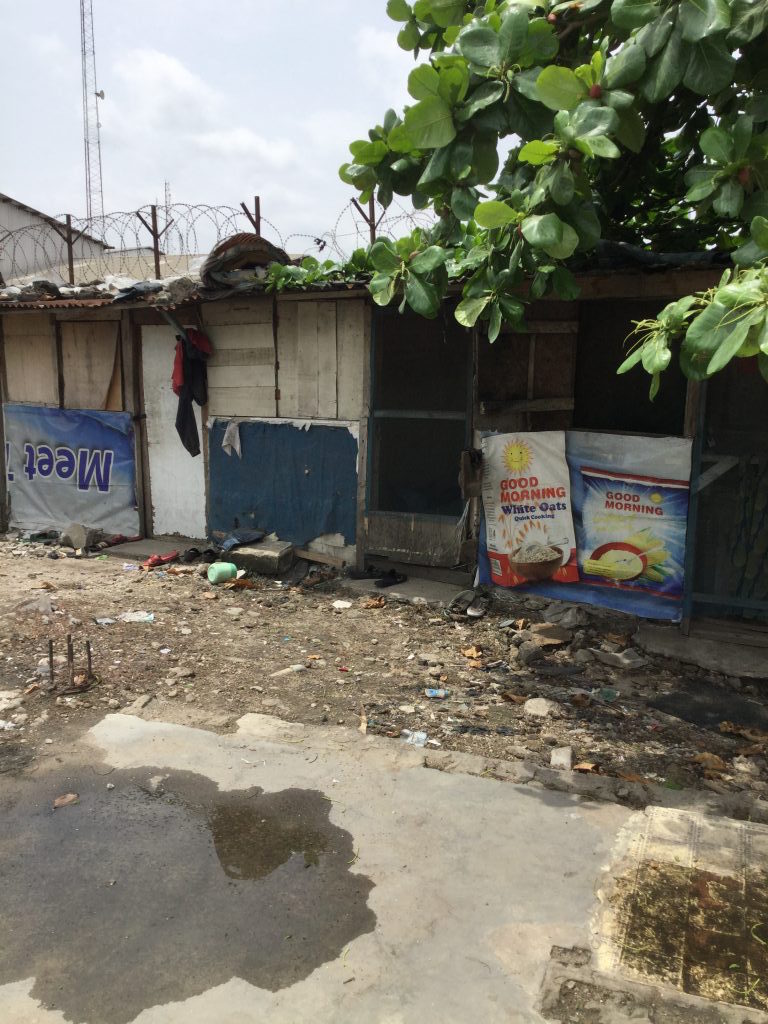
Mercy is one of the several Chibok indigenes who fled the community in the heat of the insurgency that has displaced over 1.8 million people who originally come from Borno, Yobe and Adamawa states.
As an internally displaced person (IDP), she is vulnerable to several human rights deprivations after the loss of her home and livelihood in a conflict that has lasted close to nine years. She has also had to depend on the goodwill of residents for her most basic needs including shelter.
In its policy paper titled protecting internally displaced persons, UNHCR said “the act of displacement itself often may violate the human rights of those affected, the subsequent loss of access to homes, lands, livelihoods, personal documentation, family members, and social networks can negatively affect the ability of IDPs to assert and enjoy an entire range of fundamental rights”.
Advertisement
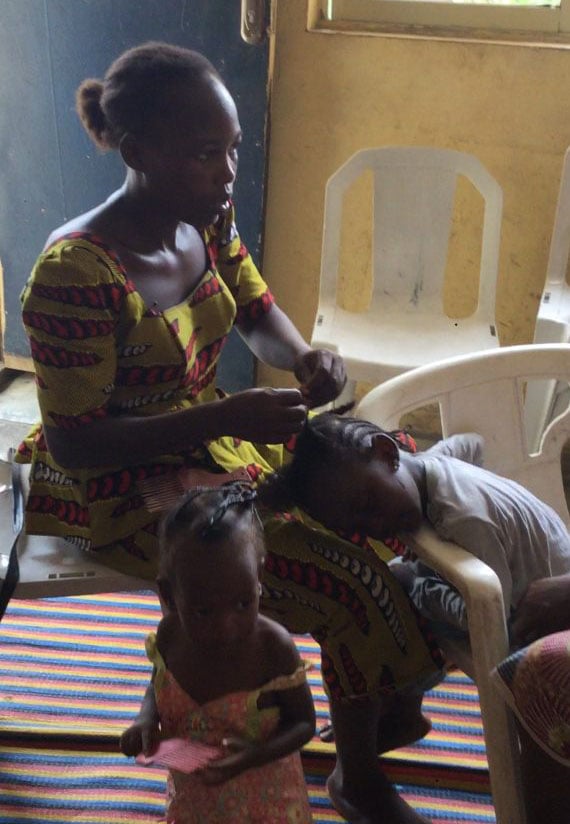
This is true for Mercy who lives in Apapa. She is, in fact, one of the lucky members of the Chibok community living in this area because, as she says “a nice Urhobo man” gave her a room in his apartment. The room, situated in a deserted building close to a farm, is sparsely furnished with plastic chairs. There are no mattresses so Mary along with her kids sleep on a mat on the cold hard floor.
Her kids go in and out of the room as we converse, “they don’t go to school again. In the past, one woman used to give me money for their school and asked me to pay her back in bits; but I failed. So now they stay with me at home because the woman won’t give me money again,” she continues.
“It is not that I did not want to pay, but I sell pepper with some of the money she gave me, at the end of the day, I won’t even make enough to make up the capital or buy some more pepper to sell.”
It is bad enough that Mary’s kids do not go to school but compounding her stories of woes is the inability of her kids to receive proper health care.
Advertisement
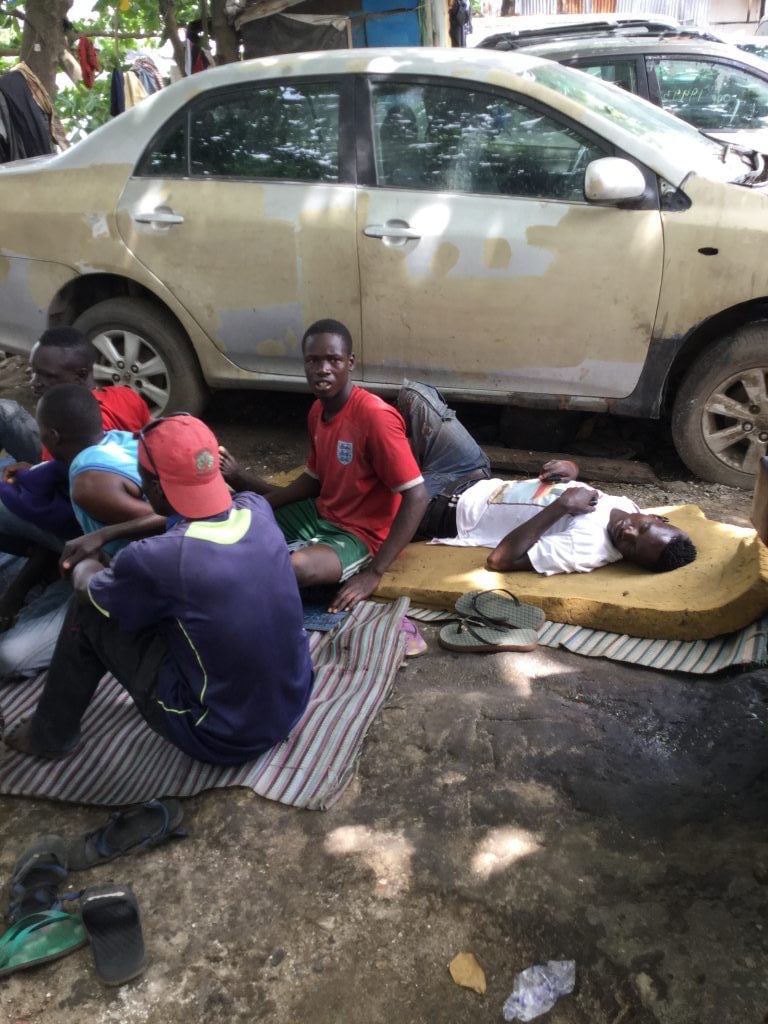
NO PROVISION FOR HEALTHCARE
Her youngest child has a running nose with yellowish mucous pouring out. Asked if she had taken the girl to the hospital, she looked with the corner of her right eye and says offhandedly enough to mask the pain of being unable to take her kids to the hospital.
“This one is just catarrh, it will go. This one has fallen iller than this and I did not take her to the hospital. I have never been to a hospital in Lagos. I even gave birth to her in this house with only my sister as help.”
Her daughter is one of the 40 percent of children who have never been vaccinated at all, according to a 2016-2017 national immunisation coverage survey done by Nigeria’s National Primary Health Care Development Agency (NPHCDA).
Advertisement
“When they fall sick, I manage, God helps me. The hospital, is it free?” she asks. “In this Lagos, everything is money and I don’t have it.
“My husband works as a security guard and barely makes enough for feeding.”
Stories like these abound in makeshift camps for the Chibok people fleeing insurgency and finding themselves in Lagos.
SURVIVAL BY HIRE PURCHASE
Advertisement
In Navy camp, Kirikiri, Apapa, there are two camps. One of the camps is a mechanic workshop where the displaced people sleep in abandoned cars when it rains. The other is dotted with shanties and lined with dirty open gutters.
Martins, one of the inhabitants, says, “We are safe here but we are suffering.
“Boko Haram has hijacked our village in Chibok. There is nobody in Chibok again because the pursued us, burnt our houses and farms and even killing people. I came to this Lagos in a truck and I have been here for the past three years.”
Advertisement
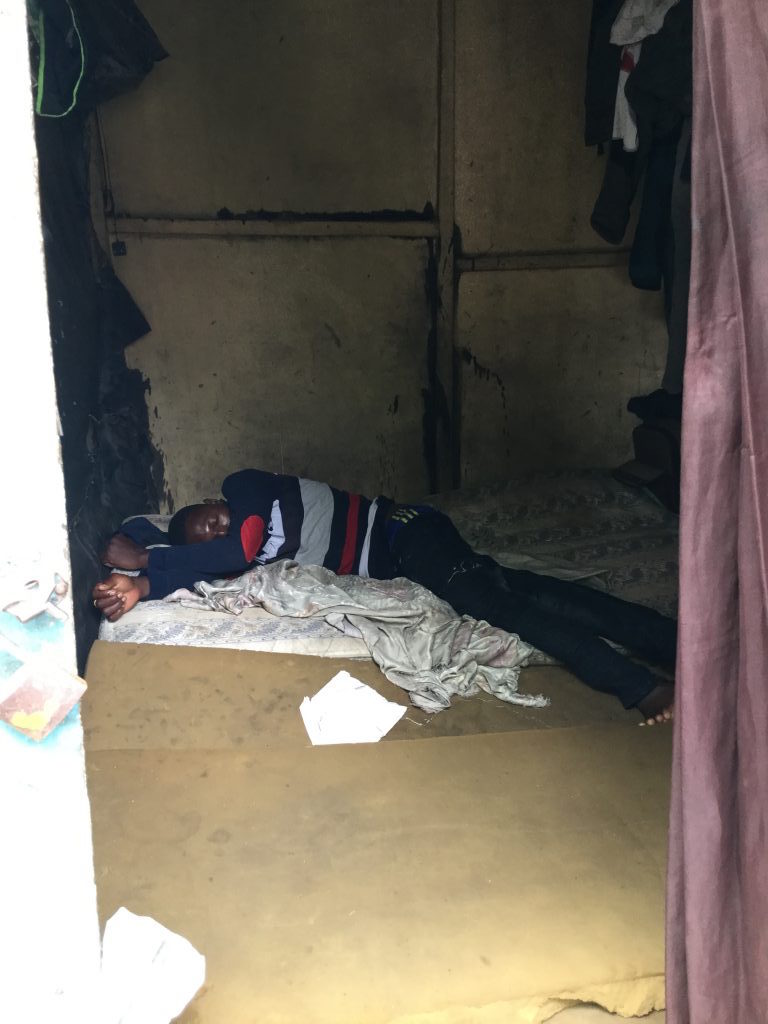
Martin talks about the challenges of leaving in Lagos, especially in terms of employment.
To support their families, the men of the Navy camp rent or buy motorcycles in a deal termed “hire purchase”.
“Most of us are bike riders. We buy the bike at hire purchase, that is if the bike is originally sold at N100 thousand, we will buy it from dealers at N250 thousand and then pay back in bits.
Advertisement
“The profit we make after taking care of our wives and children is so small, that we end up being indebted to the dealers for a long time. And the longer we are indebted, the more money we will have to pay. So, the money we will have for food is so small.”
Pointing to a boy the age of 13, Martins says the boy is still unable to communicate in pidgin. “Even this one will start riding bike soon,” he adds.
“We will gather money to buy bike for him so that he can help his mummy and siblings because his father is dead.”
When asked if the boy won’t go to school, Martins says, “ No. He has to work.”
1 comments
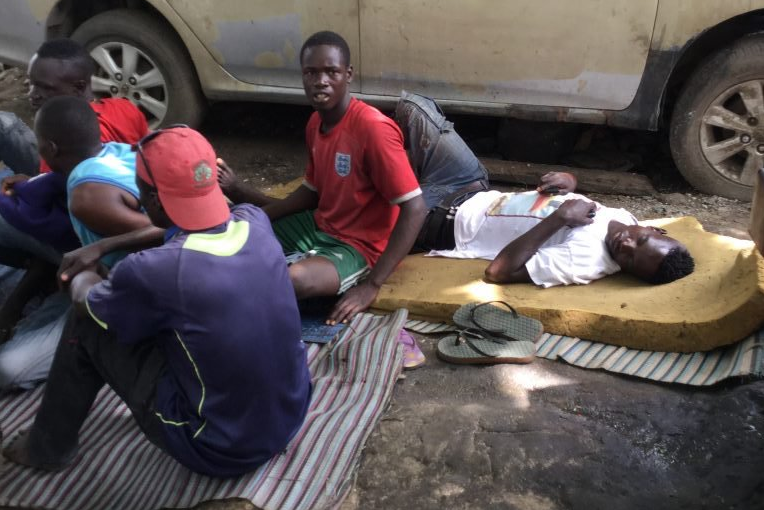
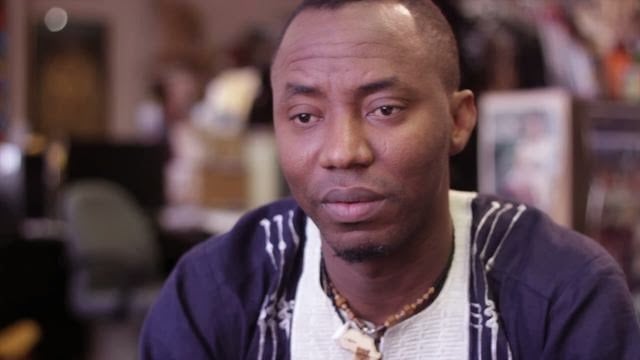

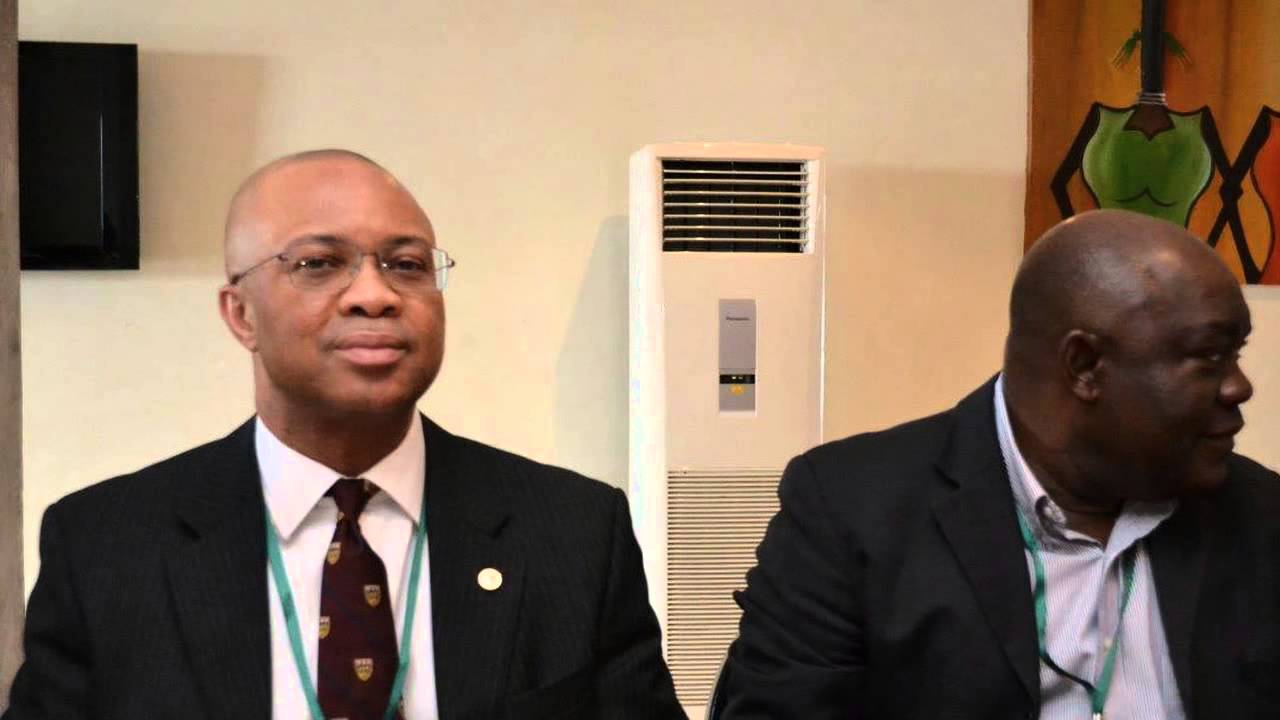
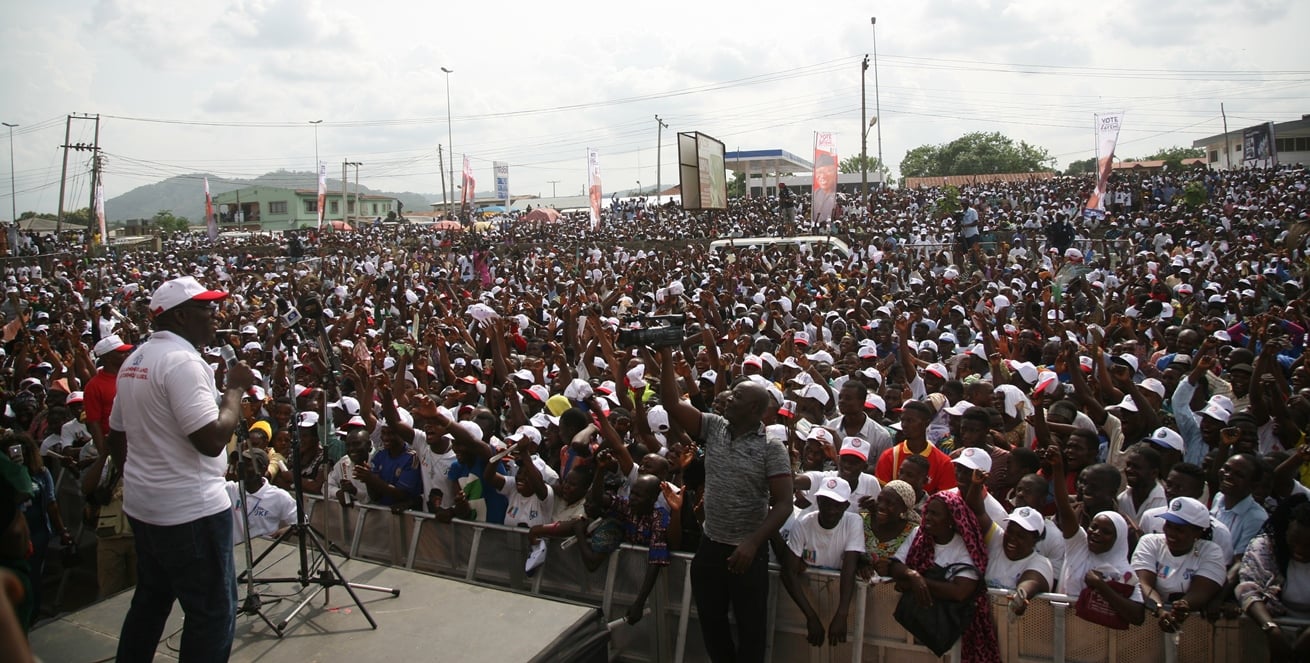
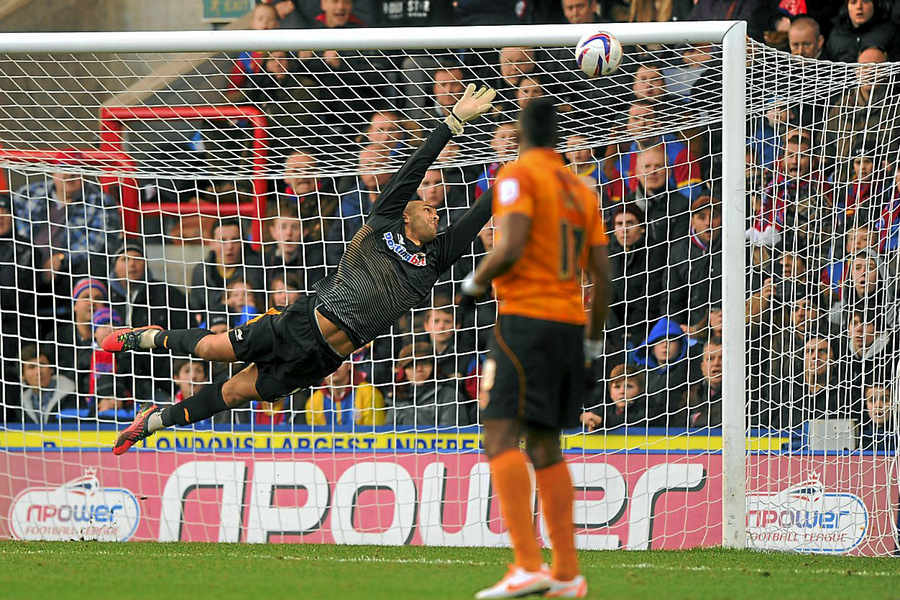

This is what Nigeria, the giant of africa has turned its citizens into, I believe our Government are trying and i know Nigeria would become better.